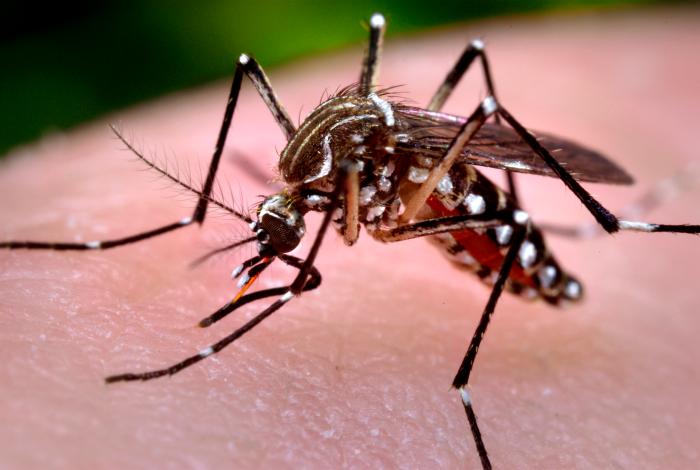In a follow-up on the chikungunya situation in Thailand, health officials report 538 people had been diagnosed with the virus in the southern provinces for the first 10 months of the year.

The bulk of the cases have been reported in Satun, Narathiwat, Songkhla and to a lesser extent in Trang.
The Bureau of Epidemiology puts the case total at 642 cases year to date, with no deaths reported.
Measles outbreak in Thailand: More than 1,500 cases in the South
Chikungunya virus (CHIKV) is transmitted by the bite of Aedes mosquitoes, particularly Aedes aegypti and Aedes albopictus. In humans bitten by an infected mosquito, the disease symptoms usually appear after an incubation period of three to seven days (range 1- 12 days).
CHIKV can cause acute, sub-acute, and chronic disease.
In acute disease, symptoms develop abruptly and include high fever, headache, myalgia and arthralgia (predominantly in limbs and large joints). The appearance of a maculopapular rash is also frequent. Severe forms of the disease are rare. Symptoms usually resolve in 7-10 days, although arthralgia and joint stiffness may persist intermittently for several months.
The disease shares some clinical signs with dengue and Zika, and can be misdiagnosed in areas where they are common. As there is no cure, treatment is focused on relieving the symptoms.


Le chikungunya actuellement est parmi les maladies du siècle